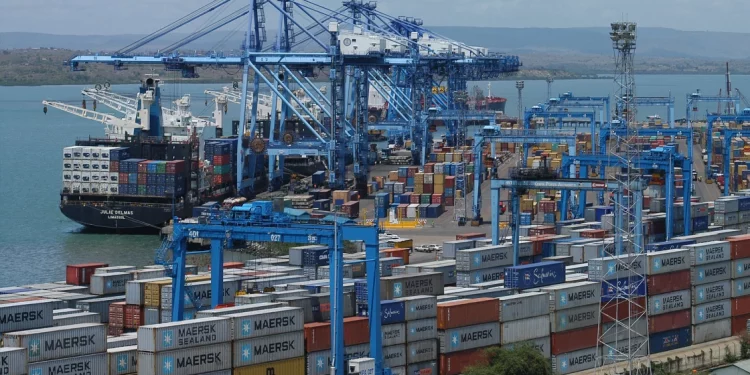Kenyan oil dealers are facing a crisis as Uganda remains firm in its decision to negotiate with Tanzania for fuel imports through the Port of Tanga instead of the Port of Mombasa, following a disagreement with Nairobi.
Uganda had indicated its intention to discuss using the Port of Dar es Salaam for fuel imports after Kenya declined to grant concessions for the use of its pipeline.
The land locked country had also expressed dissatisfaction with the longstanding system under which Ugandan fuel companies buy 90 percent of their supplies through affiliated firms in Kenya.
Tanga, the oldest port in East Africa and the second largest in Tanzania, has been expanding its capacity to handle increased cargo volumes in recent years, despite being smaller than the Dar es Salaam and Mombasa ports.
Initially, state officials doubted Uganda’s intention to shift its import route to Tanzania because the distance between Dar es Salaam and Kampala is 1,715.6km, which is 49.5 percent longer than the distance of 1,147.6km between Mombasa and Kampala.
They believed Uganda was bluffing because, besides being cheaper, the Mombasa port is faster and more efficient than the Dares Salaam port.
The Petroleum Outlets Association of Kenya (Poak), representing independent oil dealers, warns that if Uganda follows through with the plan, it would severely impact local Oil Marketing Companies (OMCs). “If Uganda indeed moves to the Tanzania route a lot of local oil companies will really suffer because they will lose their biggest market,” said Poak chairman Martin Chomba.
Roughly one-third of the fuel imported into Kenya is designated for the transit market, amounting to approximately 200 million liters per month. Chomba noted that many smaller dealers, in particular, depend on this transit market and could face closure if it is disrupted.
He further said that Kenya would lose a key source of foreign exchange. Oil dealers are paid for their fuel exports in US dollars. Uganda last year said it imports fuel worth $2 billion through Kenya annually.
















